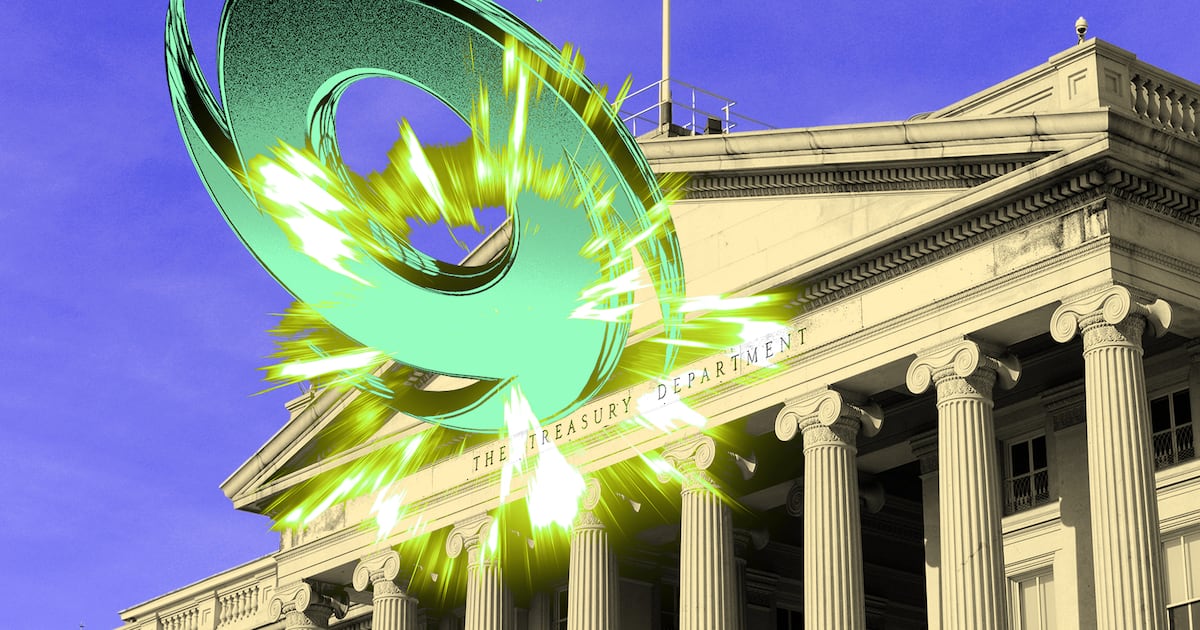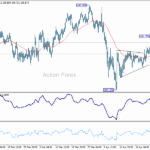
Tornado Cash prevails in court as judge bars new sanctions – DL News
- Twister Money has prevailed in a long-running authorized battle over US sanctions.
- The US authorities can not re-sanction the protocol, a choose dominated.
Crypto privateness protocol Twister Money can’t be re-sanctioned by the US authorities.
Twister Money customers prevailed in a long-running lawsuit this week, when a federal choose in Texas granted their request that he bar the US authorities from re-sanctioning the protocol, because it had in 2022 attributable to its use by North Korean hackers.
The protocol’s token, TORN, jumped 5% on the information Tuesday.
The US Division of the Treasury removed Tornado Cash from its checklist of sanctioned entities in March, citing a “overview of the novel authorized and coverage points” raised by “evolving expertise and authorized environments.”
However the company mentioned it had eliminated the protocol at its discretion, suggesting it might re-sanction the protocol at a later date regardless of a November ruling from a US appellate court docket.
The court docket discovered Treasury had overstepped its authority when it first levied the sanctions, and ordered the district choose in Texas, Robert Pitman, to treatment the problem.
Authorities legal professionals argued that was pointless. Eradicating Twister Money from the sanctions checklist meant the plaintiffs’ concern had been resolved, they mentioned.
However the plaintiffs — Ethereum developer Joseph Van Loon and 5 different Twister Money customers — mentioned the problem wouldn’t be resolved and not using a assure the federal government couldn’t sanction the protocol sooner or later.
The Twister Money trial
In 2022, the Workplace of Overseas Property Management, or OFAC, sanctioned Twister Money for laundering $7 billion in cryptocurrencies since its inception three years earlier.
OFAC, a unit of the Treasury Division, mentioned the mixer dealt with $455 million in crypto stolen by the Lazarus Group, the North Korea-backed hacking outfit that recurrently loots crypto tasks and helps fund the pariah nation’s nuclear weapons programme.
In September 2022, Van Loon and his co-plaintiffs sued the Treasury Division and OFAC, arguing that sanctioning a mere instrument similar to Twister Money was an unprecedented — and unconstitutional — overreach.
In August 2023, Pitman dominated in favour of the federal government, and the plaintiffs appealed.
Final November, nevertheless, an appeals court docket in New Orleans discovered the decrease court docket had been incorrect to facet with OFAC.
The three-judge panel mentioned the nationwide safety regulation cited to help the sanctions didn’t cowl immutable, self-effectuating software program programmes such because the Twister Money sensible contracts — simply folks and company entities.
The opinion was a landmark for crypto privateness.
“Its significance can’t be overstated,” Presto, a crypto analysis agency, mentioned in its each day market temporary final month.
However the appeals court docket had discovered solely that Pitman had erred. It directed him to issue a judgment consistent with its personal findings.
That ruling, in addition to the Treasury Division’s choice to proactively take away Twister Money from its checklist of sanctioned entities, set off a authorized skirmish over how Pitman ought to honour the appellate judges’ calls for.
“Twister Money is not topic to sanctions by the Workplace of Overseas Property Management, and this matter is now moot,” the Treasury Division instructed the Texas choose.
Van Loon objected.
“This case shouldn’t be moot, and the Court docket mustn’t entertain the Division’s newest effort to keep away from judgment,” his legal professionals mentioned, including the Treasury Division has implied it could search to re-sanction Twister Money sooner or later.
Whereas Van Loon prevailed, the builders behind Twister Money nonetheless face important authorized bother.
Co-founder Roman Storm has been charged with facilitating cash laundering. His trial is ready to start in New York in July. One other co-founder, Roman Semenov, is needed by US authorities and stays at massive.
Twister Money developer Alexey Pertsev, in the meantime, was discovered responsible of cash laundering by a Dutch court docket. He’s interesting his sentence.









